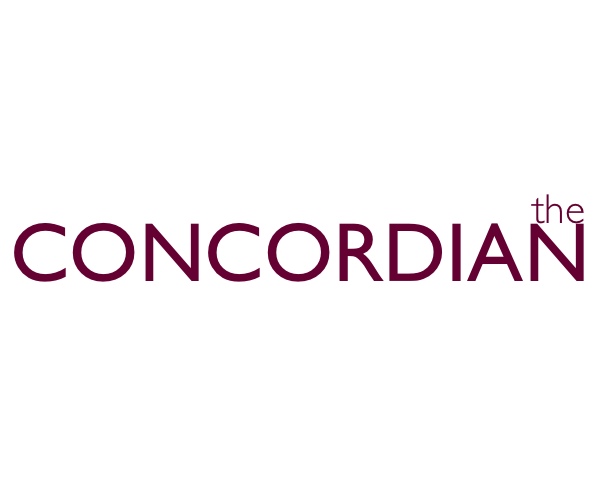Last weekend the Concordia College community paid a respectful homage to one of the greatest composers and organists of all time, Johann Sebastian Bach. The event, “A Family Affair: Music of the Johann Sebastian Bach Family,” was a student-led symposium coordinated by senior Andrew Steinberg with help from Jean Hellner of the music department. Steinberg, an organ performance major, and Hellner, assistant professor, brought this event into action as a result of the Contextual Studies on J.S Bach course that was offered last year. It was a way to “bring what they had learned from the course beyond the classroom,” according to Steinberg and Hellner.
Planning for the event started last March with meetings with Steinberg; Hellner; Peter Nygaard, an organist at Concordia and Trinity Lutheran Church; and Pastor Lew Clefisch, also from Trinity Lutheran Church. According to Steinberg, the idea behind the event was to “create an opportunity and a platform to give a practical application of the class in a unique way.”
The symposium kicked off Jan. 28 at 3 p.m. in Christiansen Recital Hall with a series of papers and lecture recitals. Students presented papers from their individual research projects during their contextual studies course. Mainly attended by faculty of the music department, music students and aficionados, the session offered time for questions and comments from the audience, who did not hesitate to challenge the presenters.
Senior Obediah Bauer, a trombone performance major, presented a paper titled “The Cello Suites on Trombone: Performance Practices for the Rest of Us,” which explained some ways to simplify Bach’s cello suites for trombones. His presentation began an in-depth discussion with some members of the audience who, while pleased with Bauer’s innovation, hoped that other instruments, like the tuba, would not be used in future renditions of Bach’s compositions.
The distinct part of this session was the different ways in which Bach was represented in the various presentations; not only were his musical abilities discussed, but also his lesser known qualities, such as his role as a theologian, religious man, educator and teacher.
The symposium then moved to the Buxton/Hanson Rectial Hall at 7 p.m., where the Concert of Transcription of the Music of J.S Bach was held. With a more diverse audience than the previous session, more chairs had to be brought in for the increasing number of people who showed up. Students and faculty alike played their own, and in some cases never-before-heard renditions of Bach’s timeless classics. The jazz renditions seemed to stand out among the audience members as being particularly mesmerizing.
The Vocal Jazz I performance of Bach’s “Prelude No. 22 in Bb Minor” had a lot of soul and created a more upbeat tone for the evening. Similarly, Vocal Jazz II’s interpretation of the Organ Fugue got smiles, head nods and feet taps from the audience, who seemed amazed at the intelligence and originality of creating a piece made for the piano into a vocal performance so rich.
The concert concluded with a jazz trio whose execution of “Jesu, Joy of Man’s Desiring” took the originally classical piece and made it fit to be played in a jazz bar in the Deep South.
Dennis Strom, who attended the event because his nephew was a part of the jazz vocals, was pleased with the event.
“I did not know what to expect from the performance,” he said. But his reaction to the concert was one of pleasure. He said he will come again if there was anything of this scale once more.
Steinberg, who graduates this May, hopes that this form of student scholarship is an annual event to allow students to be proud of the research they do.

